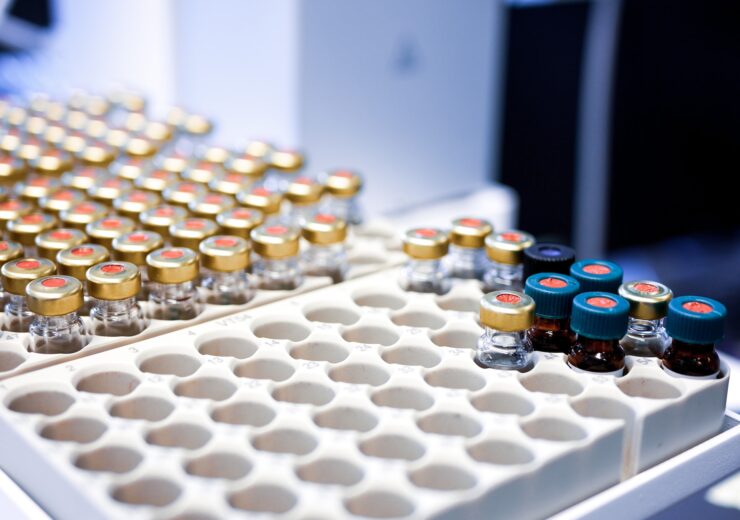LYL845 is currently being investigated in a Phase 1 clinical trial in patients with relapsed or refractory metastatic or locally advanced melanoma, non-small cell lung cancer (NSCLC), and colorectal cancer

LYL845 is an autologous TIL product candidate enhanced with Lyell’s Epi-R manufacturing protocols. (Credit: Julia Koblitz on Unsplash)
Lyell Immunopharma, Inc. (Nasdaq: LYEL), a clinical‑stage T-cell reprogramming company advancing a diverse pipeline of cell therapies for patients with solid tumors, today announced that the US Food and Drug Administration (FDA) granted Orphan Drug Designation to LYL845, an investigational tumor infiltrating lymphocyte (TIL) product candidate for the treatment of patients with stage IIB-IV melanoma.
“There remains a high unmet medical need for patients with advanced melanoma and we believe LYL845 has the potential for differentiated potency and durability needed to deliver better outcomes for patients with melanoma as well as other solid tumors where TIL therapy has not yet been widely effective,” said Lynn Seely, M.D., Lyell’s President and CEO. “We are pleased to have received Orphan Drug Designation for LYL845 in advanced melanoma and look forward to presenting initial clinical data from this program next year.”
LYL845, an autologous TIL product candidate enhanced with Lyell’s Epi-R manufacturing protocols, is currently being investigated in a Phase 1 clinical trial in patients with relapsed or refractory metastatic or locally advanced melanoma, non-small cell lung cancer (NSCLC), and colorectal cancer (CRC).
In nonclinical studies, LYL845 TIL expanded with Epi-R exhibit characteristics that have previously been associated with improved clinical response rate, including a higher percentage of cytotoxic T cells and stemness phenotypes. LYL845 TIL have also demonstrated enhanced T-cell potency and maintenance of tumor-reactive polyclonality in nonclinical experiments. Initial data from Lyell’s ongoing Phase 1 clinical trial are expected in 2024.
The FDA’s Orphan Drug Designation program provides orphan status to drugs or biologics intended for the prevention, diagnosis, or treatment of diseases that affect fewer than 200,000 people in the United States.
Sponsors of medicines that are granted Orphan Drug Designation are entitled to certain incentives, including tax credits for qualified clinical trials, prescription drug user-fee exemptions, and potential seven-year marketing exclusivity upon FDA approval.
Source: Company Press Release
